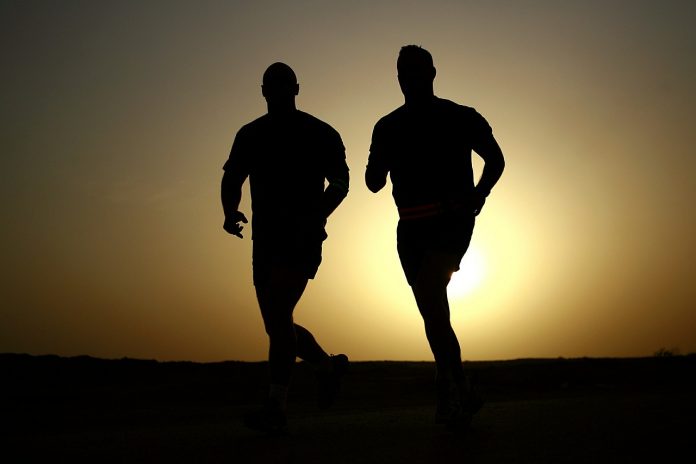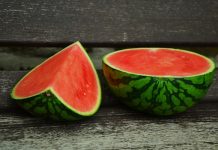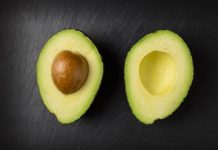
I am glad you are interested in your body and long-term health. However, the way you are feeding it does not support your body’s optimal functioning nor increasing muscle.
Current recommendations by the Academy of Nutrition and Dietetics, the U.S. Surgeon General, and the American Medical Association encourage people to eat foods centered around My Plate, and the U.S. Dietary Guidelines for Americans. My Plate is printed on many food labels, especially cold cereal boxes.
Carbohydrates should make up approximately 55% of your total calories, fat 30%, and protein 15%. Excess fat and protein can be very harmful to the “interior of your body”. Eating fat while limiting carbohydrate will increase blood fats which can increase to harmful levels. A high-fat diet has also been closely linked in many studies to a high incidence of heart disease and many cancers, such as prostate and colon. A high protein diet can cause the body to lose calcium, which can lead to the development of osteoporosis which can result in broken bones. After a few days on a low carbohydrate diet of fewer than 130 grams per day, a person develops ketosis. Then on weekends, when you re-feed carbohydrates, your body is busy replenishing depleted carbohydrate stores (glycogen in liver and muscle) as well as water which glycogen attracts 3 times as much by weight to muscle.
BTW anabolism means building up. How do you know the weight you gained was all muscle? One method to assess your muscle mass is a body fat analysis. Did you have your body fat tested before and after you tried this diet? Your body fat should not be tested more often than monthly in order to see a change in body fat stores.
Eating more protein without weight lifting will only restore your body stores of protein, not increase muscle size. Muscles increase in size when you make a muscle do more work than it is used to doing weightlifting. Eating more protein does not cause a person to gain muscle. Your body can easily convert protein to glucose if your body needs it due to an inadequate intake of carbohydrates.
I hope this information has been helpful for you to assess your diet. See your local Registered Dietitian for more suggestions on a healthier diet for the interior of your body.


